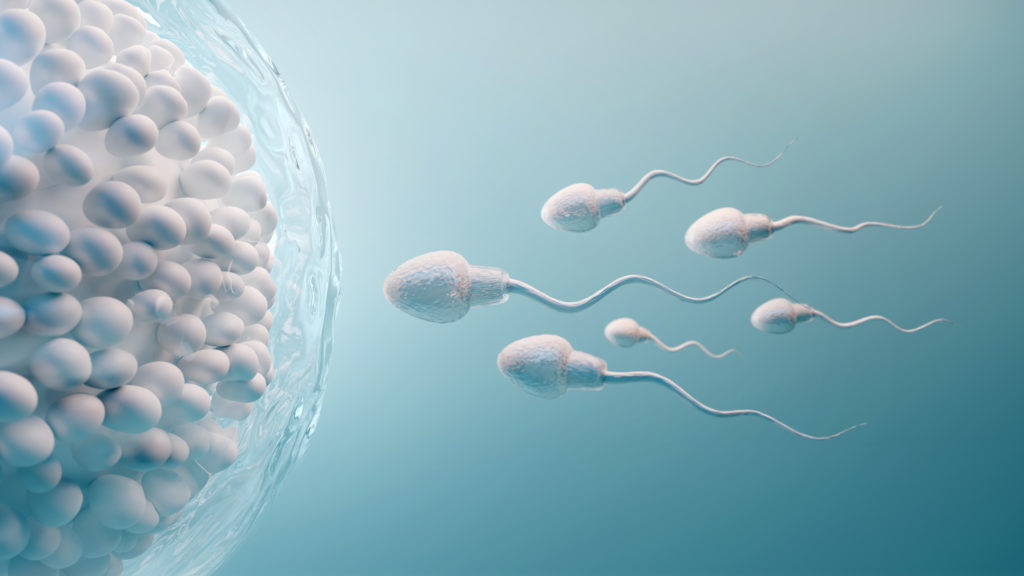Age and female fertility

While infertility in women can be a consequence of several factors, such as ovulation disorders, damaged fallopian tubes, or endometriosis, age-related infertility is a complex reality in the field of reproductive health. Understanding its implications is essential if we are to make the right decisions and face up to the biological challenges facing women.
Age and pregnancy
Age is one of the most decisive factors in a woman’s ability to conceive and carry a pregnancy to term. Several physiological changes associated with aging have an impact on fertility, including a natural and gradual decline in the number and quality of eggs. According to the American College of Obstetricians and Gynecologists (ACOG), fertility begins to decline from the age of 30. Before that, the probability of getting pregnant in one year is 85%; after this age, this probability falls to 75%, and by the age of 35, the figure drops to 66%. By the age of 40, the chances of pregnancy per month are less than 10%. As a result, women over 40 have greater difficulty conceiving and a higher risk of miscarriage. In addition, certain causes of infertility such as fibroids and endometriosis are also more common with age.
The ovarian reserve does not renew itself
At birth, a woman’s egg count is around one million. This number gradually decreases over time. At puberty, there are just 300,000. When the number of eggs falls below 1,000, around the age of 50, ovarian activity ceases completely: we call it menopause. However, fertility declines much earlier, around ten years before menopause, due to the high rate of chromosomal abnormalities in aged eggs. Cryopreservation of eggs before the age of 35, when they are still young and healthy, can improve the chances of having a child later in life.
Society and fertility
Societal change has led many women to postpone motherhood to pursue their studies and establish a stable career. As a result, an increasing number of women are considering motherhood after their fertility peak between the ages of 20 and early 30, contributing to an increase in age-related infertility. The implications of age on female fertility are therefore a reality that must be considered if they want to have a child. It’s essential to get the right information from specialists so that women can make informed decisions and receive the best possible support throughout their lives.
More information:
- American College of Obstetricians and Gynecologists. (2024). Having a Baby After Age 35: How Aging Affects Fertility and Pregnancy. American College of Obstetricians and Gynecologists. https://www.acog.org/womens-health/faqs/having-a-baby-after-age-35-how-aging-affects-fertility-and-pregnancy
- Hôpitaux Universitaires de Genève. (2023). Fibromes utérins : Des solutions existent. Hôpitaux Universitaires de Genève. https://www.hug.ch/gynecologie/fibromes-uterins-solutions-existent
- The Patient Education Website of the American Society for Reproductive Medicine. (2014). Does my age affect my fertility? https://www.reproductivefacts.org
- Brochure FertiGenève. (2024). L’infertilité liée à l’âge. FertiGenève, p. 10.
- FertiGenève. (2024). Questions fréquentes. FertiGenève. https://www.fertigeneve.ch/faq/
